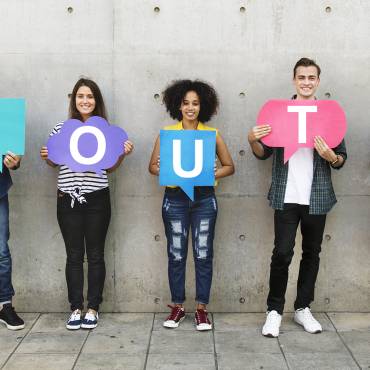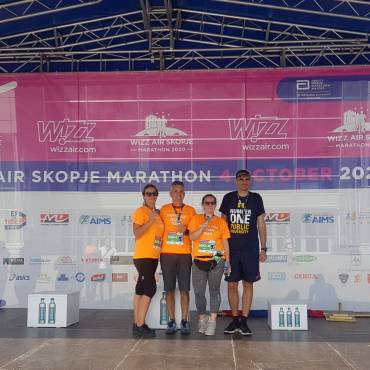Wellbeing and rights of adolescents in foster care
UNICEF commissioned Indago research team to conduct a study to understand the situation of adolescents in alternative care, to identify system gaps at policy and institutional level and help the Government and the NGOs to improve the alternative care services for adolescents.
For the purpose of this study, the wellbeing of adolescents comprises three dimensions:
Material wellbeing – household income poverty, deprivation, living conditions and housing problems, ability to satisfy certain needs according to a financial situation.
Mental health – depressed mood, anxiety, self-esteem, peer connection, social initiative, communication with parents/other important adults, resilience engagement, perseverance, optimism, connectedness, and happiness, and adverse childhood experiences, and
Subjective wellbeing – personal wellbeing, children perception of peer relationship and quality of school life.
The study uses the UN definition of adolescents as individuals aged 10-19 years.
The study includes two main pillars. The first pillar provides information on the wellbeing of adolescents placed in foster care, small group homes and supported living settings. The second pillar provides information on foster care in six areas: a review of foster care placements, care options and the opinion of the adolescents, planning of permanent placement, maintaining a relationship with birth families, the transition towards independence, and the
support to the wellbeing of adolescents.
The study population includes adolescents residing in alternative care, a matched group of non-foster adolescents, children with disabilities and other key informants i.e. foster parents, service providers, MLSP, ISA, CSW and UNICEF representatives.










